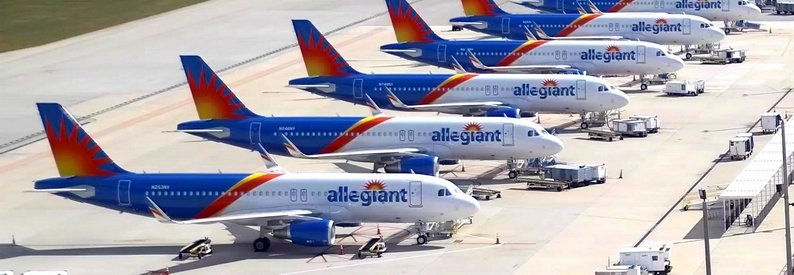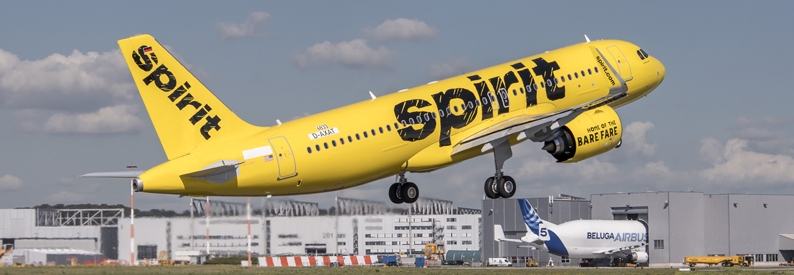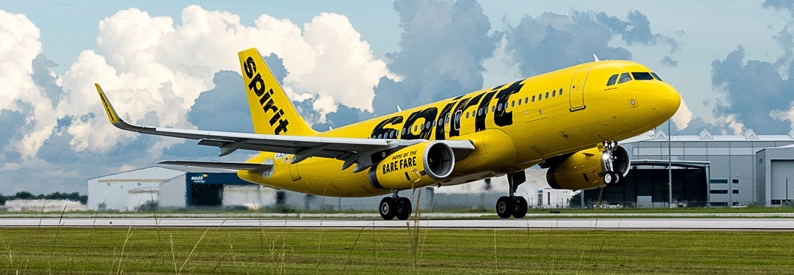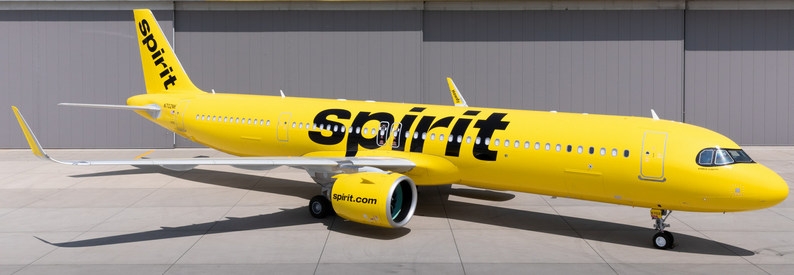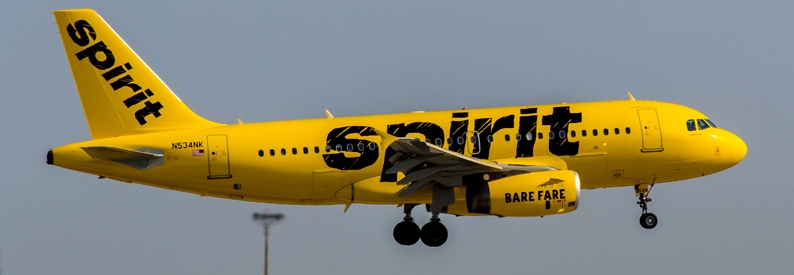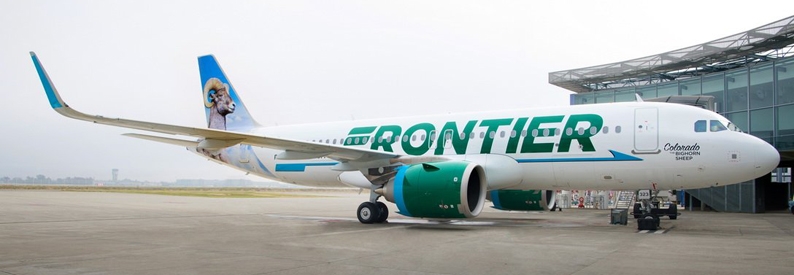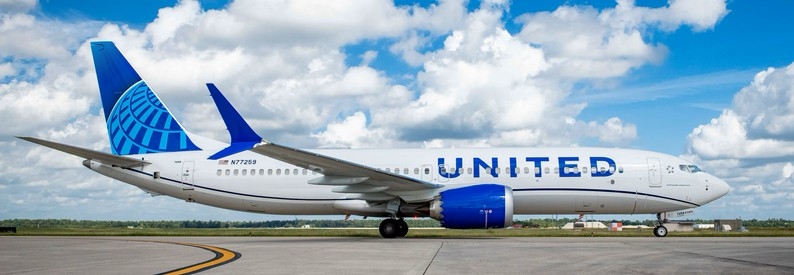Spirit Aviation Holdings, parent entity of Spirit Airlines, has petitioned the US Bankruptcy Court for an authorisation to reject 87 aircraft leases, including nineteen A320-200s, sixty-five A320-200Ns, and three A321-200NXs. The batch amounts to more than a third of the LCC's current fleet.
These lease rejections are on top of the recent agreement Spirit secured with its biggest lessor, AerCap, which included authorisation to reject the lease agreements of 27 aircraft (nineteen A320-200Ns and eight A321-200NXs). In total, the carrier is proposing to trim its fleet by more than a half from the current 214 aircraft to 100.
All 87 aircraft listed for rejection in the new filing are to be surrendered on October 27, 2025 at Goodyear. The impacted lessors are:
- Air Lease Corporation: one A321-200NX;
- Airborne Capital: one A320-200;
- Aircastle: one A320-200 and four A320-200Ns;
- Aviation Capital Group: seven A320-200Ns, and two A321-200NX;
- Avolon: two A320-200s, and two A320-200N;
- DAE Capital: two A320-200s and one A320-200N;
- Fuyo General Lease: five A320-200Ns;
- GA Telesis: one A320-200;
- ICBC Financial Leasing: three A320-200Ns,
- Jackson Square Aviation: one A320-200 and eighteen A320-200Ns;
- Merx Aviation Finance: three A320-200s and one A320-200N
- ORIX Aviation: one A320-200s and two A320-200Ns;
- SMBC Aviation Capital: four A320-200s and twenty-one A320-200N;
- ST Engineering: two A320-200s;
- Stratos: one A320-200s; and
- Vmo Aircraft Leasing: one A320-200N.
Many of the aircraft to be rejected are already out of service, the airline said. ch-aviation data shows Spirit’s fleet currently comprises sixty-two A320-200s, ninety-one A320-200s, twenty-nine A321-200s, and thirty-two A321-200NXs. Of this total, only 149 are currently active.
“As a key component of the chapter 11 process, Spirit has identified cost savings to be achieved through a significant reduction in its fleet by eliminating aircraft and other related equipment that currently are not, or soon will not be, used to generate revenue in Spirit’s businesses. This reduction and rationalisation of Spirit’s fleet will create a surplus of aircraft and other related equipment,” the company said.
Fred Cromer, the company's chief financial officer, added that the carrier "is committed to redesigning its network to focus its flying on key markets to provide more destinations, frequencies and enhanced connectivity in certain of its focus cities, while simultaneously reducing its presence in certain other cities. To do so, Spirit must right-size its fleet to match capacity with profitable demand."
Spirit Airlines' previous Chapter 11 process, which began in late 2024 and ended in March 2025, did not include the renegotiation of aircraft lease terms. Instead, the LCC focused on other cost-saving measures, which ultimately proved not to be enough to put the low-cost carrier in a secure financial position.
In its initial Chapter 11 filing, early in the year, Spirit Airlines did not renegotiate the terms of its fleet, focusing on other cost-saving measures. This ultimately proved not to be enough to put the low-cost carrier in a secure financial position.

